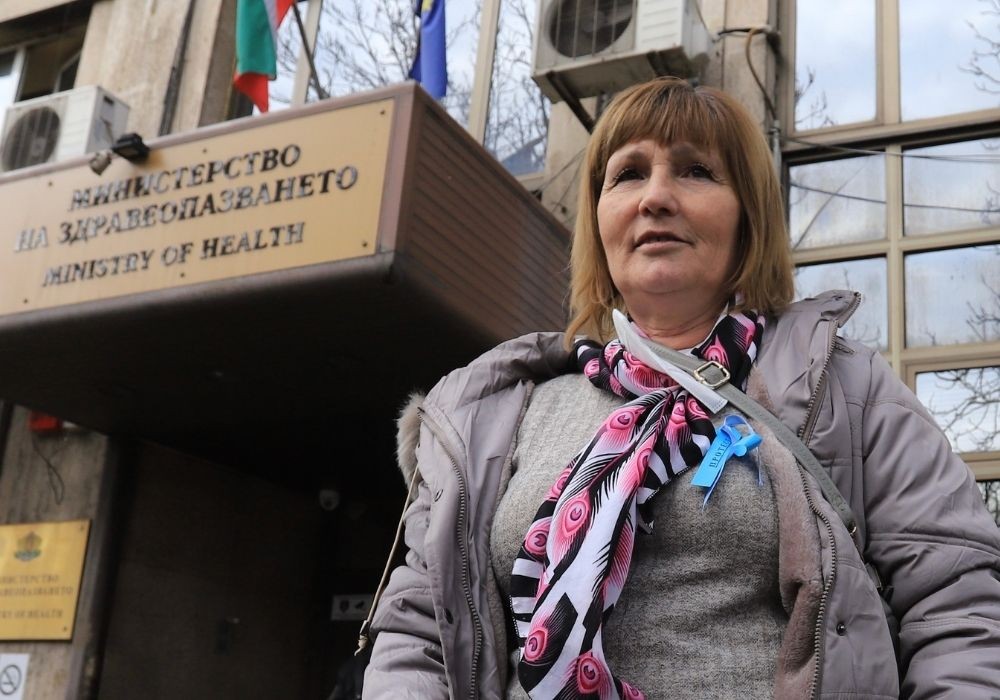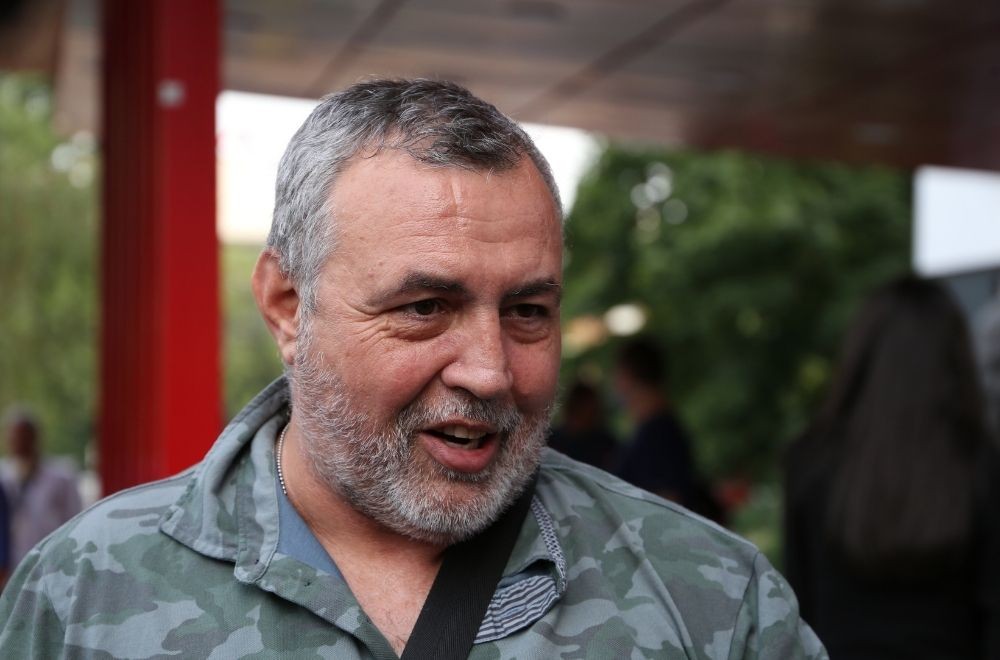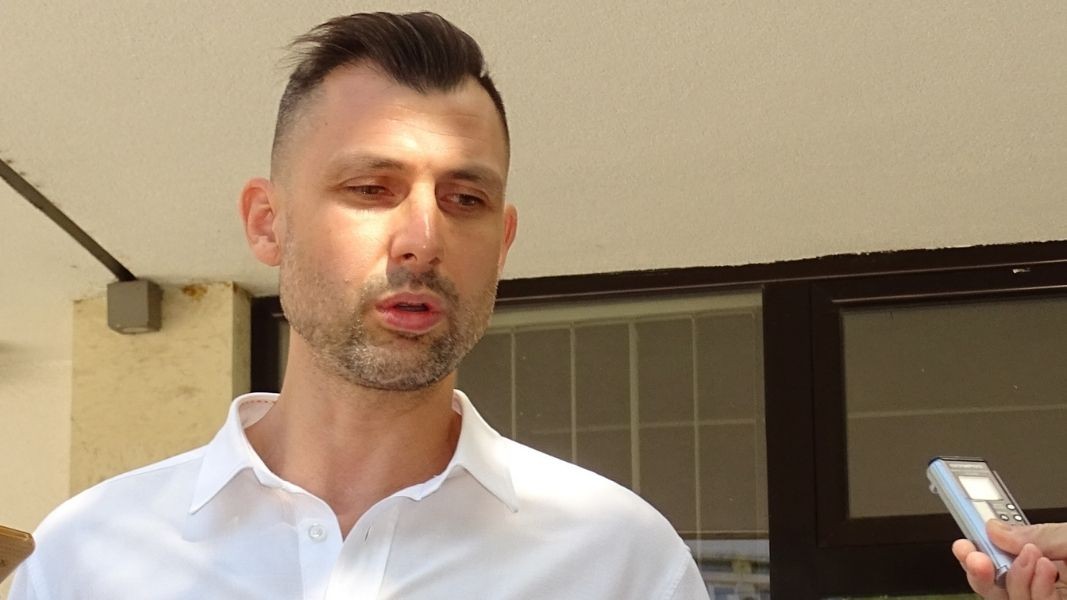As of October 25, the Covid-19 Green Certificate becomes mandatory for most indoor activities in Bulgaria, except for food stores, banks, pharmacies, public institutions and medical establishments. For all other indoor activities, the certificate becomes obligatory for both visitors and staff. Violators will be subject to fines.
Bulgarians who are dissatisfied with the new anti-epidemic measures are expected to protests today in many cities across the country. Protesters contend that their human rights are violated and fear possible adverse effects of the Covid-19 vaccine. However, there has been an increased interest in Covid-19 vaccines in the recent days. Many people said they had to receive a Covid-19 jab, in order to keep their job.
“The requirement for a Covid-19 Green Certificate allows employers to exert hidden pressure on the medical specialists. Some of them have already given a notice of resignation. This pressure violates fundamental rights”, Maya Ilieva, Chairperson of the Union of Bulgarian Medical Specialists said in an interview for the BNR.

According to Maya Ilieva, who was among the organizers of the protests of Bulgaria’s health specialists, it is not right to oblige the medical personnel in Europe to receive Covid-19 vaccines.
The Covid-19 Green Certificate is rather an instrument to measure the vaccination rate in a given country.Those who are unwilling to receive Covid-19 vaccines, or who recovered from Covid-19 recently, should have been given the opportunity to undergo free of charge coronavirus testing, Medical Law Attorney Maria Petrova said and added:

“People need to know that they can not be dismissed just because they fail to present such a certificate. This country’s Ministry of Labor and Social Policy has to come up with a recommendation, so that people know how to react in such cases. For now, employers ask their staff to take unpaid leave, which is not the most humane thing.”
The authorities did not give the citizens and the legal entities enough time to prepare for the new anti-epidemic measures, constitutional lawyer Borislav Tsekov contends:
“On the other hand, this anti-epidemic measure seems almost impossible, because the authorities are not able to exercise systematic control on thousands of locations. Does anyone check whether the persons who present the Covid-19 Green Certificates are the real owners of these documents? Nobody but this country’s Police can ask the citizens to present an identity card”, says Borislav Tsekov. In his words, people should not hope to win their cases against the state in the European Court of Human Rights in Strasbourg, because each county is now able to take an independent decision regarding the introduction of various types of anti-epidemic measures, including mandatory vaccination.
Nearly 45%-50% of Bulgaria’s artists have received Covid-19 vaccines, the President of the Union of Bulgarian Actors Hristo Mutafchiev said for the BNR.

“The Covid-19 Green Certificate has ruined our plans, because some theatre shows are sold out months ahead. Most people want to return their tickets and get their money back, because they do not possess green certificates.”
“The Covid-19 Green Certificates are probably not bad, but everyone must be given the right to choose”, Vasil Dimitrov, Deputy Chairman of the Association of Hotel and Restaurants Owners in Blagoevgrad commented.

In his words, the state authorities missed to carry out an active information campaign during the summer months and encourage people to get Covid-19 vaccines. This campaign gave way to anti-vaccination campaigns, which lead to the current difficult situation in different sectors, because only 20% of Bulgarians are their potential clients.
According to Bulgaria’s head of state Rumen Radev, people who refuse to receive Covid-19 vaccines, must not pay nearly EUR 40 per week for rapid antigen tests, in order to receive a certificate, which is valid for 48 hours.

At a meeting with this country’s caretaker ministers, President Radev supported the latest anti-epidemic measures, but called on the ministers to make the necessary arrangements and provide free of charge tests for Bulgaria’s employees.
Editing by: Yoan Kolev
English version: Kostadin Atanasov
Photos: BGNES, Facebook /Maria PetrovaBased on preliminary data, the Finance Ministry expects a deficit of around BGN 6.1 billion ( €3.11 billion), or 3% of the projected gross domestic product (GDP), at the end of 2024. "Estimates suggest that the deficit will show an improvement..
The two most sought-after currencies by Bulgarians in 2024 remain the US dollar and the euro, just as in 2023. The Turkish lira, the Romanian leu and the Serbian dinar were also very popular, followed by the British pound and the Swiss franc. This was..
The overall business climate indicator in Bulgaria has increased in December by 1.7 points from 17 percent to 18.7% compared to November . An increase in the indicator was observed in the industry sector by 1.9 points, in retail trade by 5.7 points and..
Bulgarian exports are expected to grow by 5.8% annually after Bulgaria joins the eurozone. Trade in goods could increase by 3.3%, and in the services..

+359 2 9336 661
